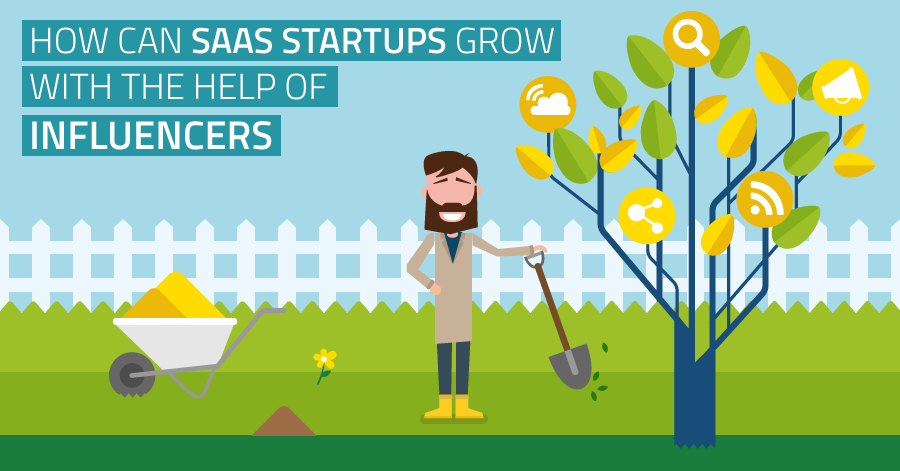There is lot of hype surrounding Bitcoin and Ethereum. According to the World Economic Forum, the total worth of Bitcoin in the blockchain (a distributed trust mechanism; the technology that keeps track of Bitcoin transactions) is currently around $20 billion dollars’ worth. They predict that 10% of the world’s GDP will be stored on blockchains by 2027. This has huge implications for marketers and their strategies, which will inevitably have to adapt to incorporate cryptocurrencies and utilise the opportunities available. Further, the rise of currencies like Bitcoin could become a roadmap for other currencies, such as one based on social media engagement and audience.
Chances are, you haven’t given much thought to how the marketing world could be impacted by the increased use of blockchains. As the technology occupies an increasingly strong position in the financial realm, its ubiquity will rise, which will lead to an increase in the number of applications and platforms adopting its use.
Therefore, it’s likely that marketers will start selling services via blockchain or a similar technology, using a mixture of real currency and cryptocurrency.
The Impact Goes Beyond Financial Transactions
Some companies are thinking outside the box when it comes to the widespread use of blockchain-based protocols.
For instance, those who sell digital advertising space are starting to incorporate blockchains to audit and optimise ad delivery, as well as to increase the transparency of ad networks.
An example is MetaX’s adChain. It provides a protocol for creating trusted connections for selling and buying advertising space through its own tokens. The token represents the customer’s value in the network. Combined with other shareholders, you’re given an incentive to keep away from low-value or fraudulent publishers.
As a result, you’re at an advantage. You get more ad value for your money and legitimate campaign auditing, thanks to cryptographically secure impression tracking.
Another example is MadHive, a data and video platform that enables publishing partners and brands to create audiences and then target them across various channels and screens. Its backend product leverages blockchain technology to deliver the benefits of a decentralized peer-to-peer sharing network.
In an interview with VentureBeat, MadHive CMO Stacy Huggins stated that for every $1 spent on digital marketing, an advertiser gets around $0.44 in value. A major reason for low ROI is the number of intermediaries and middlemen that have permeated the digital ecosystem. She also revealed that MadHive has a plan to help publishers get more value, with help from the blockchain example.
The same technology can be applied to ensure that customers are not being overcharged, for instance that they’re paying for real impressions and clicks. Further, if the blockchain can verify that each user has a genuine interest in the ad network, then the advertiser and the publisher won’t need a central authority such as Google or Facebook to arbitrate their contract. That means that there is potential to remove the middleman, which will lead to savings for both parties.
Here’s a graphical representation of this process:
Companies are taking the blockchain route because decentralized auditing is affordable, and works without headaches. An advertising network could activate ad deliveries from a central server, then seed them to mining machines that are a part of the blockchain, which can then analyse them, and check them for deception.
What We Envision
Just as Bitcoins are replacing real currency and the technology behind it is reshaping how marketing works, we envisage a scenario where traditional currency could be replaced by likes and shares and where online reputation will be more important than money itself. While this may seem like a Brooker-esque scenario, the groundwork for this is already appearing with follower numbers and engagement rate translatable to a real world value.
For instance, you can see this happening in the form of Influencer Marketing, where brands and Influencers sort out agreements by trading the opportunity to co-create products or be the face of the company with likes and shares. Social influence is a valuable commodity to brands.
Rachel Botsman, in her Ted Talk on “The currency of the new economy is trust”, discusses the beginnings of this idea with the concept of community currency as early as 2012. The examples Botsman used include a highly-rated AirBnB host, who found himself more likely to get guests due to his good rating. This is based on the trust he built up in this online community. Similarly on TaskRabbit, a ‘SuperRabbit’ (the highest rated level) noticed that they were more likely to win a bid, and could charge more, as their reputation increased. Their online reputation translated to real world value. One of the questions Botsman posed is whether this reputation should be transferable from one community to another. If you have proven your trust on one platform, could you use that as proof on another or must your start again from scratch? If transferable, this would be a move towards the futuristic opportunities available in gaining real world value from an online score. New platforms such as these allow people to make money from their existing assets, and the key need on these platforms involving transactions between strangers is trust. Botsman is keen to point out the difference between measuring behaviour, what is happening here in her examples of AirBnB and TaskRabbit, and not influence as the reputation of users is based on real world interactions. However, in 2017 with the prominence of Influencer Marketing, it is clear that influence has a high value also.
In fact, in the future more trust may be put into this new style of economics where online reputation is a tradeable commodity, where real world goods are exchanged for online interactions, thus leading society to consider it a plausible alternative to traditional payment methods. While this may still seem a fairly out-there scenario, effective marketing needs to stay at the cutting-edge of technology. Social media and technology platforms are constantly evolving, and marketing strategies need to constantly adapt.
To keep up-to-date with the latest developments in technology and marketing, make sure to subscribe to the Buzzoole blog.
This post is also available in: Italian




